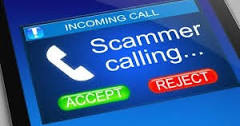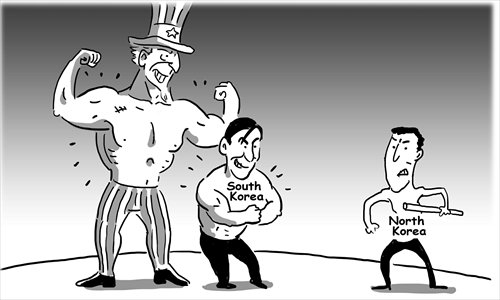Policy indecision marks Taiwan President Tsai's first 100 days in office
Video: channelnewsasia.com http://www.newsjs.com/url.php?p=http://www.channelnewsasia.com/news/asiapacific/policy-indecision-marks/3075912.htmlSaturday is the 100th day since Taiwan leader Tsai Ing-wen was sworn into office. In the past few days, local media have been publishing polls on her falling approval ratings. The worst poll had only 39 percent of people supporting her.
The scores are worse than the 100-day polls about previous leaders Ma Ying-jeou and Chen Shui-bian.
Tsai told the media that she did not want people to rate her performance based only on her first 100 days of governance. This response backfired after the opposition Kuomintang shared online pictures of Tsai's anti-Ma campaign eight years ago that was launched after Ma had been in office for just 100 days.
Tsai's Democratic Progressive Party (DPP) used to adamantly oppose nuclear power in Taiwan. Now they are changing their tune. The DPP used to oppose the import of US pork, now it has switched sides.
What is real about her is that she does not accept the 1992 Consensus that emphasizes that there is one China. She has been trying to get closer to the US and Japan. She advocates more cooperation with ASEAN members in order to be less dependent on the mainland.
She is not likely to succeed. Tsai is facing challenges similar to what Ma encountered in terms of "domestic" policies, that is, she has to develop the economy and improve people's lives.
Ma made a large stride in pushing forward cross-Straits economic cooperation. But he failed to transfer the benefits of closer cross-Straits ties to ordinary people on the island.
What Ma encountered was a problem also faced by many other developed places. Tsai and her party fellows are not magicians.
At least the KMT administration improved cross-Straits ties, introducing a surge of tourists from the mainland. Now the DPP has been in a hurry to cut off cross-Straits ties before it finds new economic pillars. DPP politicians are not like real leaders. They are still obsessed with their unrealistic ideology.
The US and Japan cannot give Taiwan much. "Taiwan independence" is only a political slogan for the DPP, but does not offer any real power to it. If Tsai cannot make any progress in improving people's living standards, but instead focuses on Taiwan independence, it will be like drinking poison to quench a thirst.
The Chinese mainland's rise has changed the geopolitics of the Asia-Pacific and the global economic structure. If Taiwan tries to stay away from the mainland, it will marginalize itself.
Cross-Straits ties are no longer a matter solely about the 1992 Consensus. They are linked to Taiwan's long-term prosperity. If Tsai chooses to head the other way, she's going to hit a wall sooner or later.
Source: Global Times
Related:
Tsai rating low after 100 days in power - Global Times
Polls conducted by Taiwan media show that
around half of respondents are dissatisfied with Tsai Ing-wen's first
100 days in office and mainland experts said that Tsai's failure to
recognize the 1992 Consensus and her "foreign policies" have added
to ... Global Times
Global Times
 President Tsai sees approval drop to 48.5% - China Post
President Tsai sees approval drop to 48.5% - China Post
TAIPEI, Taiwan -- President Tsai Ing-wen's
approval rating slid to 48.5 percent in a survey released Friday, which
showed even weaker public support for her premier. Taiwan Think Tank's
survey showed 48.5 percent satisfaction with Tsai's performance ...Related posts:
Jan 17, 2016 ... Democratic Progressive Party (DPP) Chairman Tsai Ing-wen won by a ... the
focus was not whether the island should seek “independence,” but ...

China, economy tests for Taiwan presidential winner Tsai
Jan 18, 2016 ... Taiwan chooses Democratic Progressive Party Chairwoman, Tsai Ing-wen, not
independence. Democratic Progressive Party (DPP) Chairman ...

Apr 17, 2016 ... A Chinese mainland spokesman on Saturday urged Taiwan to give fraud
suspects "the punishment they deserve," stressing that the release of ...
|
Apr 19, 2016 ... Parties, media call for justice for telecom fraud victims. Political parties and media
outlets from Chinese Mainland and Taiwan have denounced ...
|







 Provoking Pyongyang - Shen Lan/GT: Pyongyang is provoked by US and South Korea
Provoking Pyongyang - Shen Lan/GT: Pyongyang is provoked by US and South Korea